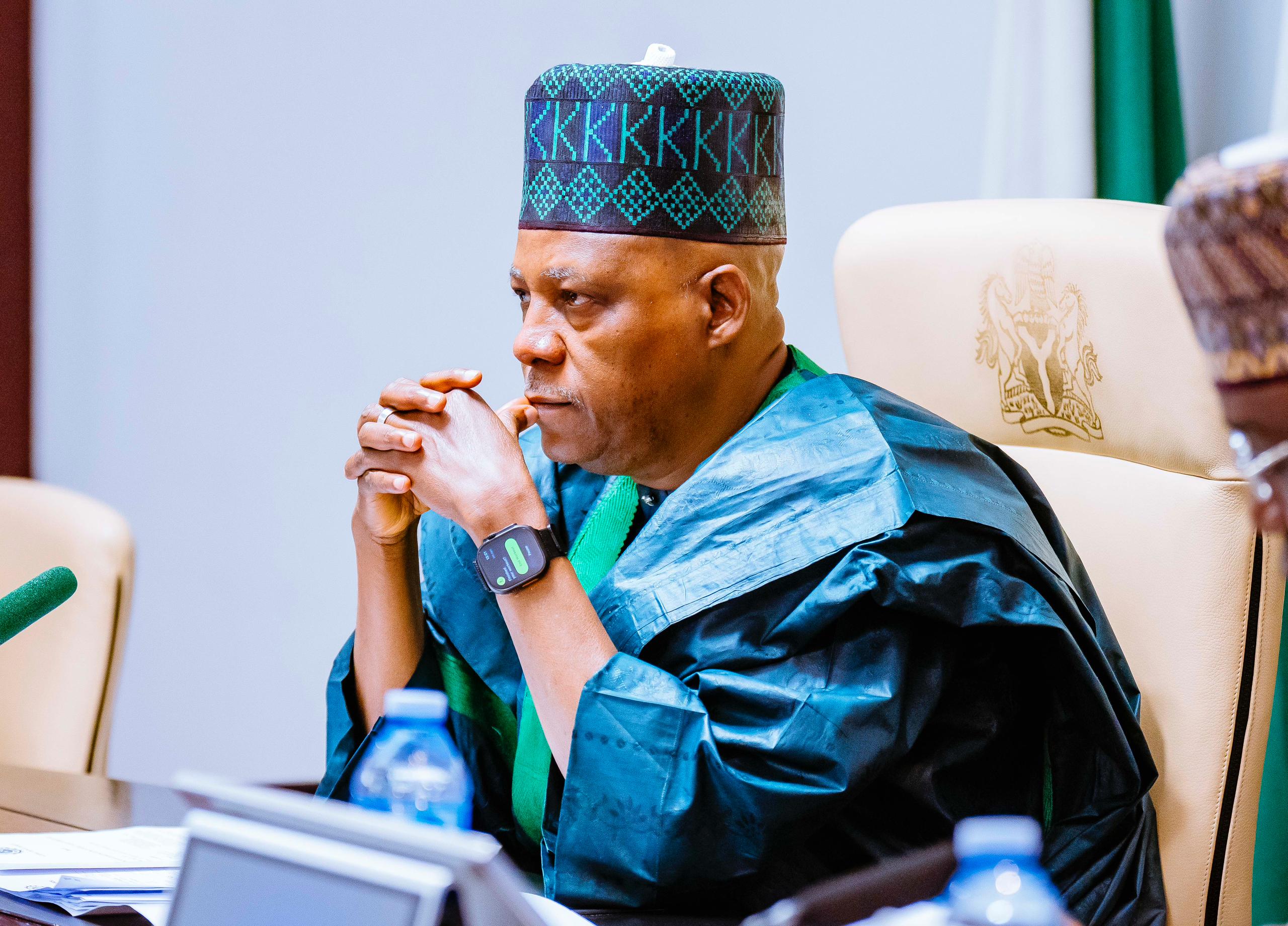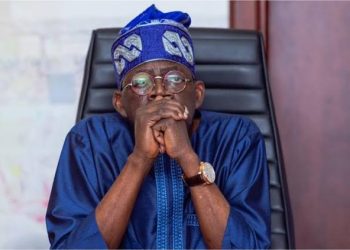The Oyo State Government, led by Seyi Makinde is facing a serious challenge to its authority in the appointment of the new Alaafin of Oyo, the paramount traditional ruler of the ancient Oyo kingdom.
Five prominent kingmakers have publicly rejected Mr Owoade’s appointment, claiming it violates the established tradition and legal procedures for selecting the Alaafin.
They argue that the governor bypassed the proper process, which involves the kingmakers selecting the new Alaafin through a majority vote, according to the Alaafin of Oyo Chieftaincy Declaration of 1961.
The kingmakers assert that Lukman Gbadegesin, who they selected by majority vote in 2022, is the rightful Alaafin-elect.
They claimed that Governor Makinde’s meeting with a few kingmakers and emergency warrant chiefs on 9 January is “unprecedented and smacks of nothing more than executive recklessness.”
“We must emphatically state that the Alaafin is not chosen by consultation or divination but in strict compliance with the Registered Alaafin of Oyo Chieftaincy Declaration of 1967, which codifies the native law and custom governing the selection process for the vacant stool of the Alaafin.
“Under the Registered Alaafin of Oyo Chieftaincy Declaration of 1967, it is only the Bashorun of Oyo, the head of the Oyomesi and Kingmakers, that can summon a meeting of the Kingmakers for the purpose of selecting a candidate to fill the vacant stool of the Alaafin of Oyo.
“In this instance, the Bashorun did not summon any such meeting, nor was there any meeting convened in the Alaafin’s palace, as custom demands, where the said Prince Abimbola Akeem Owoade was selected or appointed as the new Alaafin,” the statement read.
However, in April 2024, an Oyo State High Court dismissed the kingmakers’ lawsuit against Governor Makinde and other officials regarding the vacant Alaafin of Oyo throne, citing administrative defects.
In response, the kingmakers, through their counsel, filed a notice of appeal and motion for injunction at the Court of Appeal and Oyo High Court.
There are two core issues of disagreement. The first is that the kingmakers argue that the governor overstepped his authority by interfering in a traditional selection process.
They emphasise the importance of adhering to the established customs and the Chieftaincy Declaration Act of 1961.
The second issue is about the governor’s role in choosing the new Alaafin. Mr Makinde’s actions raise questions about the extent of executive power in traditional matters.
While the governor has the constitutional authority to appoint a new king, that can only be done after the kingmakers perform their role.
The kingmakers argue that the governor violated the traditional process and the role of the Oyomesi, the rightful kingmakers.
The dispute over the kingmakers’ original choice as Alaafin is still at the Court of Appeal.
Despite vehement opposition from the traditional kingmakers (Oyomesi), the government insists that its appointment of Abimbola Owoade as the new Alaafin remains final.









